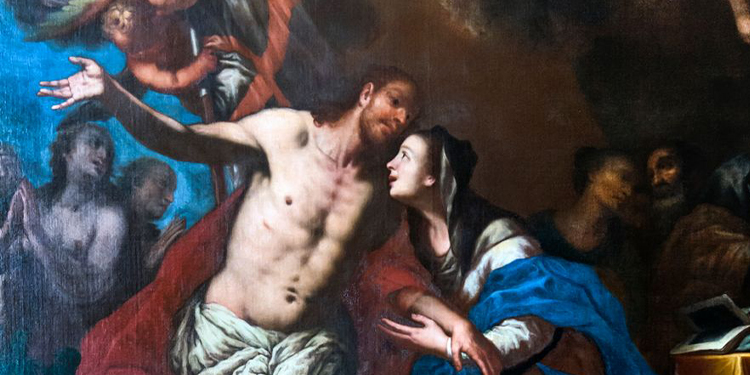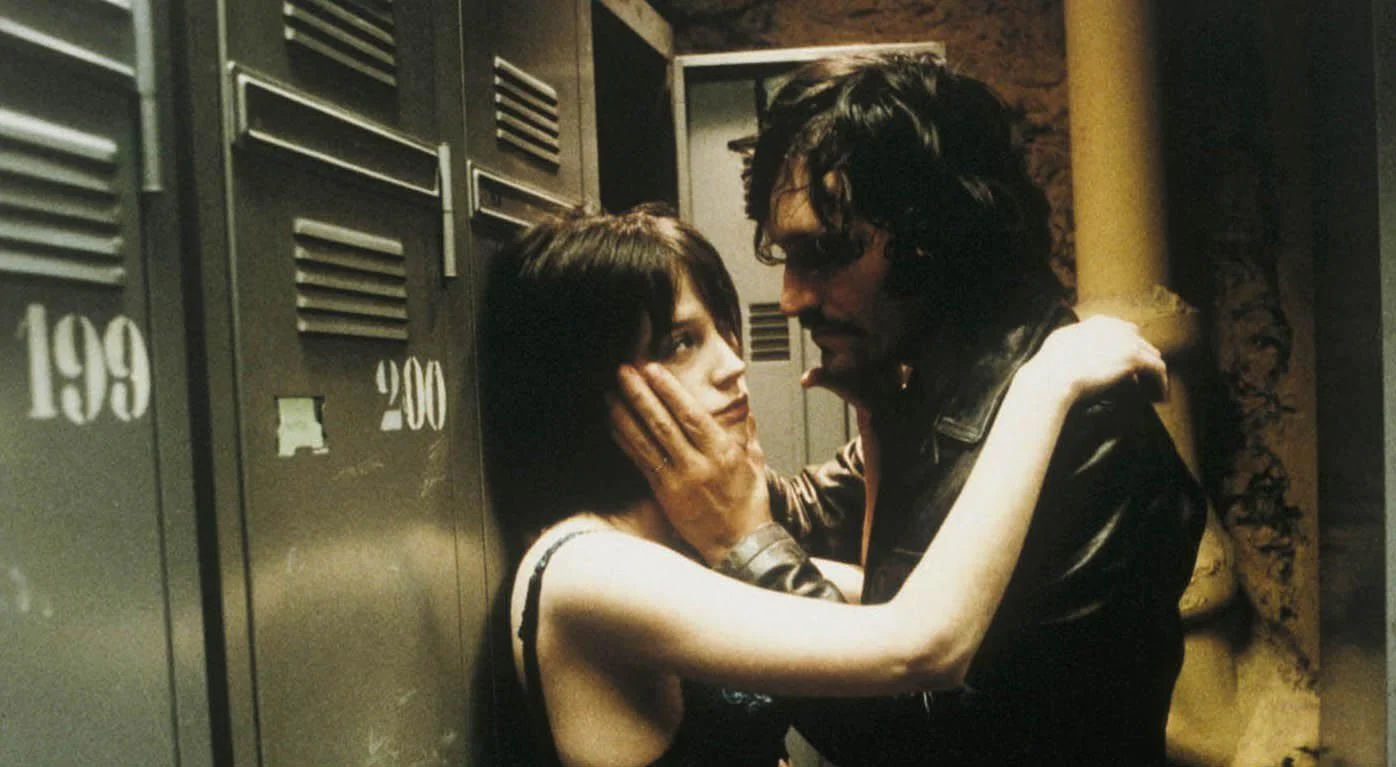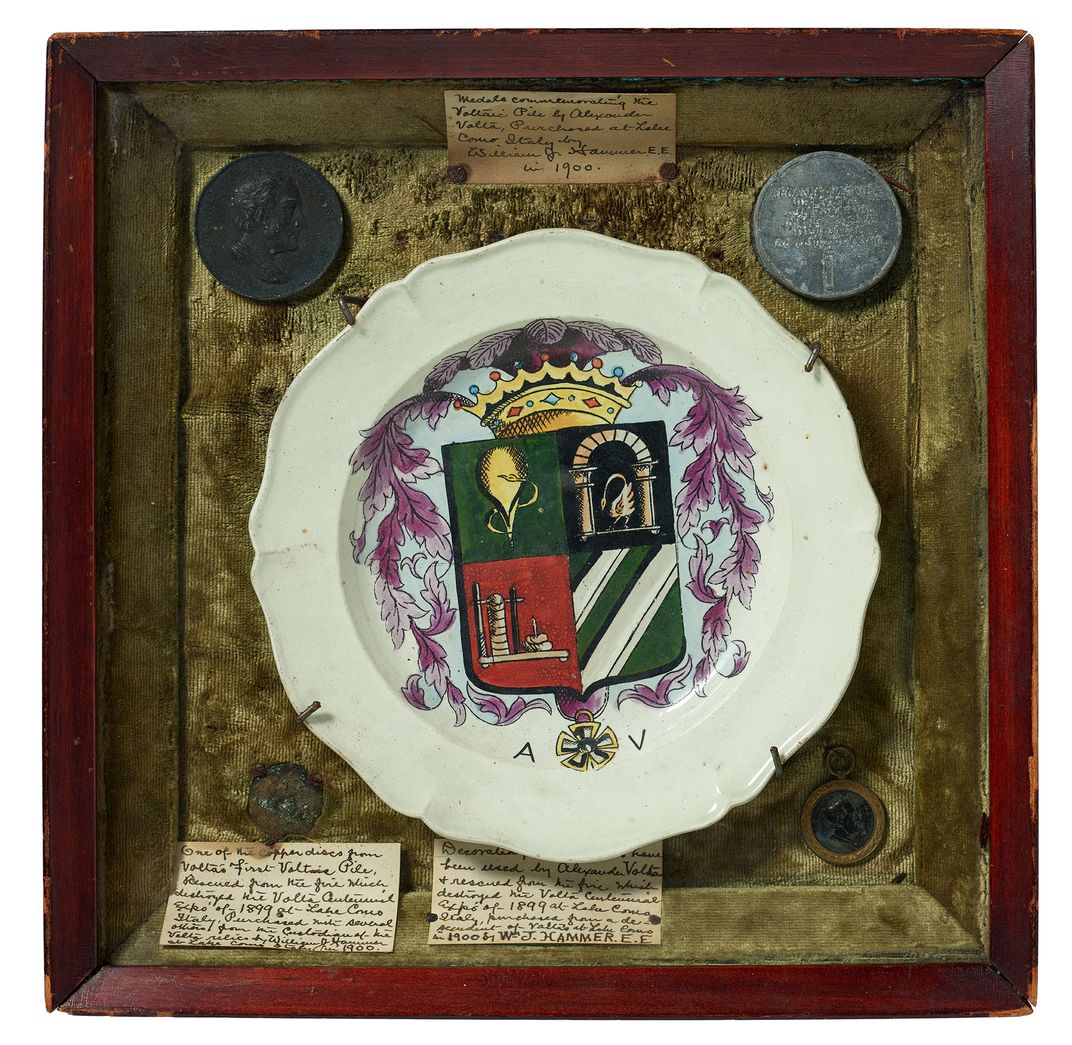Death has occupied my thoughts considerably of late. Firstly, due to the passing of an old friend and mentor, Redemptorist Father Tony Kelly, who endured a prolonged and gradual journey towards his demise. Secondly, Archbishop Frank Carroll, my predecessor in the Archbishopric of Canberra and Goulburn, passed away after serving for 56 years as a bishop. Both individuals made significant contributions to the Australian Church and society at large, each in their own unique manner. While Frank excelled as a pastoral figure, Tony distinguished himself as a theologian; however, both exemplified remarkable humanity.
Additionally, the tragic loss of James O’Brien weighs heavily on my mind. James, a 20-year-old who diligently served as a sacristan and server at the cathedral, met his untimely end in a road accident while en route to his cathedral duties. It's often said that young individuals who pass away tend to draw large crowds to their funerals, and James's farewell at St. Stephen’s Cathedral was indeed attended by many. Despite his naturally reserved demeanor, James had an affinity for vibrant pursuits such as motorbikes, trail-bikes, and brass bands. In a poignant tribute to his passions, the band he was part of participated in his funeral service.
The abrupt loss of a young life carries a profound sense of sorrow and tragedy.
Tony, aged 85, and Frank, aged 93, had each lived a long and fulfilling life. However, the untimely passing of James left us with a sense of sorrow and regret.
Returning from Tony Kelly’s funeral in Melbourne, I found myself reflecting on the inevitability of attending funerals at my stage in life.
In the earlier years, celebrations such as 21st birthdays and weddings, or even ordinations, marked significant milestones. Then, there were the joyous occasions of baptisms for the next generation. However, as one enters their 70s, the frequency of funerals seems to increase.
I contemplated the possibility of becoming a perpetual mourner, dedicating most of my time to traveling across Australia to pay my respects at funerals, assuming, of course, that I continue to live.
It struck me that others may soon gather to mourn my passing as well.
As Easter approached, death lingered heavily in the air, offering profound insights not only into the nature of human mortality but also into the essence of human existence.
The crucifixion of Jesus, a central event of Easter, was a harrowing and brutal ordeal. Crucifixion was the most degrading and horrific form of punishment in the Roman world, and the idea that the divine was subjected to such a fate would have been profoundly shocking.
In contemporary times, the cross has become a symbol associated with religious reverence and respectability. However, in the early centuries of Christianity, it was viewed as scandalous and offensive to many.
As Jesus approached his crucifixion, it might have appeared that he was being swept along by uncontrollable forces, but the Gospels present a different perspective.
Jesus willingly embraces the suffering of his impending death because he believes it to be the will of the Father.
Despite being sentenced to death and nailed to the cross by others, Jesus remains the one ultimately in control.
But why does the Father desire Jesus to undergo such a fate?
It is out of immense love for the world (as expressed in John 3:16) that the Father is willing to sacrifice his only Son, thereby exposing and ultimately defeating the destructive power of sin and death. This victory is realized in the Resurrection.
Calvary becomes the stage where sin and death exert their greatest influence, yet God surpasses this by raising Jesus from the tomb.
What initially appeared as defeat transforms into victory; what seemed like a catastrophe is revealed as the triumph of love; what was presumed to be the end marks the dawn of new life. This transformative death and resurrection redefine the significance of all deaths, including those of Tony, Frank, and James.
Death is no longer a terminal point but a threshold, symbolized by the lighting of the Paschal Candle at every Catholic funeral.
Easter imbues meaning into Walter Scott’s assertion that "Death is not the last sleep but the final awakening" and Ernest Hemingway’s reflection that "No-one you love is ever truly lost".
It also brings clarity to the Irish proverb: “You have gone no further from us than to God, and God is very near”.













0 Comments